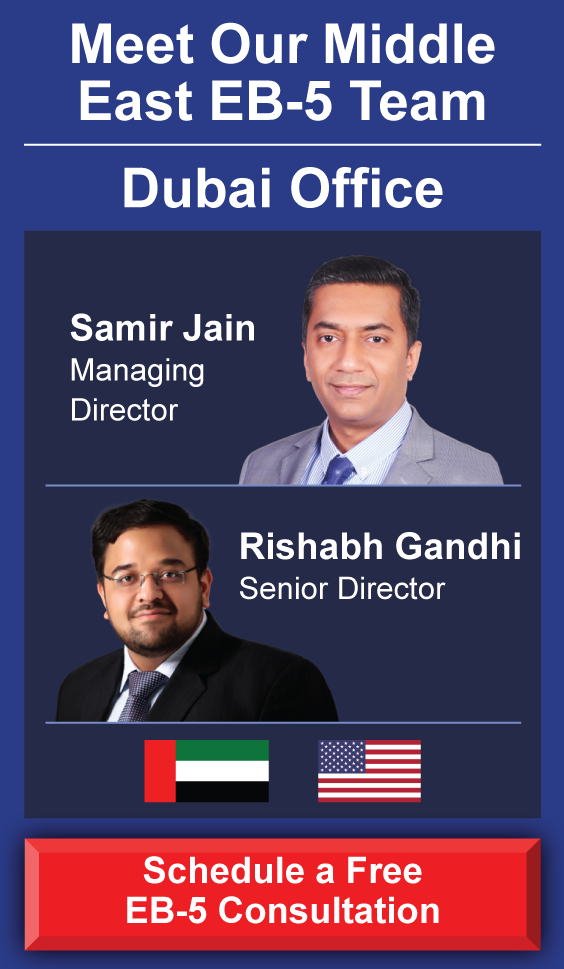
There are many paths to immigration in the United States, but all of them require the individual seeking citizenship to acquire a green card. A green card grants the holder a permanent resident status that expires after five years, at which time the holder is eligible for naturalization.
Some green card holders are given conditional permanent resident status, which means that the foreign national must satisfy certain conditions over the next two years. Once satisfied, the immigrant’s status changes to a permanent resident status with the first two conditional years counting as part of the five-year waiting period for green card holders. Some conditional permanent resident statuses last for two years, at which time the holder becomes eligible for naturalization.
The immigration process is even more complicated than the two types of resident statuses explained above. Experts estimate as many as two out of three applicants who try the process or appeal a decision on their own find their cases denied. In comparison, by working with seasoned and informed immigration experts, those wishing to obtain their green cards significantly improve their odds for success. A qualified immigration advisor will ask the right questions in advance to determine the best route to citizenship and then assist the foreign national through the immigration process.
Green Card Basics
Green cards grant citizens from other nations the right to live and work in the U.S., the same as American citizens. The person requesting the visa is the petitioner; the petitioner needs a sponsor, usually a relative (by blood or marriage) or an employer. There are also circumstances when, instead of relying upon the sponsorship of American relatives or businesses, foreign nationals can essentially “self-sponsor” by starting a new business in America and using that as their sponsor through the EB-5 Immigrant Investor Program.
The sponsor is required to be either a permanent U.S. resident or U.S. citizen (except for “self-sponsoring” EB-5 cases). More leniency is provided to U.S. citizens than to permanent residents—while only a spouse or unmarried child of a permanent U.S. resident qualify for a green card, siblings, children (married or unmarried), and parents of U.S. citizens qualify.
Spouses of permanent U.S. citizens who have been married for less than two years can get a green card with conditional permanent resident status. This expires in two years and the petitioner can then apply for permanent resident status. This waiting period intends to ensure that the marriage was not designed to evade the legal immigration process.
Forms Associated with Green Cards
There are several governmental forms an applicant will use during the process of obtaining a green card and ultimately exchanging it for permanent residence status. To initiate the green card process, petitioners file form I-485 (Application to Register Permanent Residence or Adjust Status) with the US Citizenship and Immigration Services (USCIS).
Those applicants wishing to work in the U.S. while holding a green card must file form I-765 (Application for Employment Authorization). Once approved, an Employment Authorization Document (EAD) is issued; this proves that the holder is authorized to legally work in the U.S. An EAD is normally valid for one year, so green card holders need to renew their EAD at least once during their two-year waiting period.
At the end of five years, permanent resident green card holders file form N-400 (Application for Naturalization). Once the form has been reviewed and approved, the petitioner is officially a U.S. citizen. Green card holders with a conditional permanent resident status go through a different process, using different forms.
Spouses of U.S. citizens or permanent residents file form I-751 (Petition to Remove Conditions on Residence) within 90 days of the green card’s expiration. After this form has been submitted and approved, all remaining conditions are removed from the permanent residency status. The spouse of the petitioner is required to appear for the final interview; this standard process discourages the illegal practice of marriage visas (marrying only to become a US citizen).
Green card holders participating in the investor visa (EB-5) program use a different exit process. They file form I-829 (Petition by Entrepreneur to Remove Conditions on Permanent Resident Status), which removes their conditions on their residence.
The Green Card Interview
The final stage of obtaining a green card involves the interview. Although some applicants find themselves nervous during this last important step, the interview is designed to confirm the information that has been previously examined and approved. Depending upon the reason for requesting a green card (marriage, work, investment, etc.), different questions will be asked, and different information will need to be provided.
Common questions and information include:
• Stating your full name
• Providing identification with photo (passport, identity card, etc.)
• If employed, show your EAD as proof of working legally
• If there are any criminal convictions, documents must be presented
In the situation of a petitioner seeking a green card based upon marriage to a U.S. citizen or permanent resident, the spouse must also attend the interview. Additional questions pertaining to their marriage would demonstrate intimate knowledge of the spouse, such as:
• When did you two first meet and where was it?
• Where were you married and on what date?
• What is your spouse’s birthdate and email address?
• How many siblings does your spouse have?
Proof of marriage in the form of documents is also required. Examples include marriage certificate, pictures and videos from the wedding, birth certificates of any children from the marriage, and financial documents like bank accounts, insurance policies, and trust deeds.
Considering the number of petitions to be filed, the documents to collect and present, and the types of green cards that can be sought, only by working with professionals familiar with the intricacies of the immigration process can an applicant wend their way through this complex maze with confidence and increase their chance for a successful petition.










